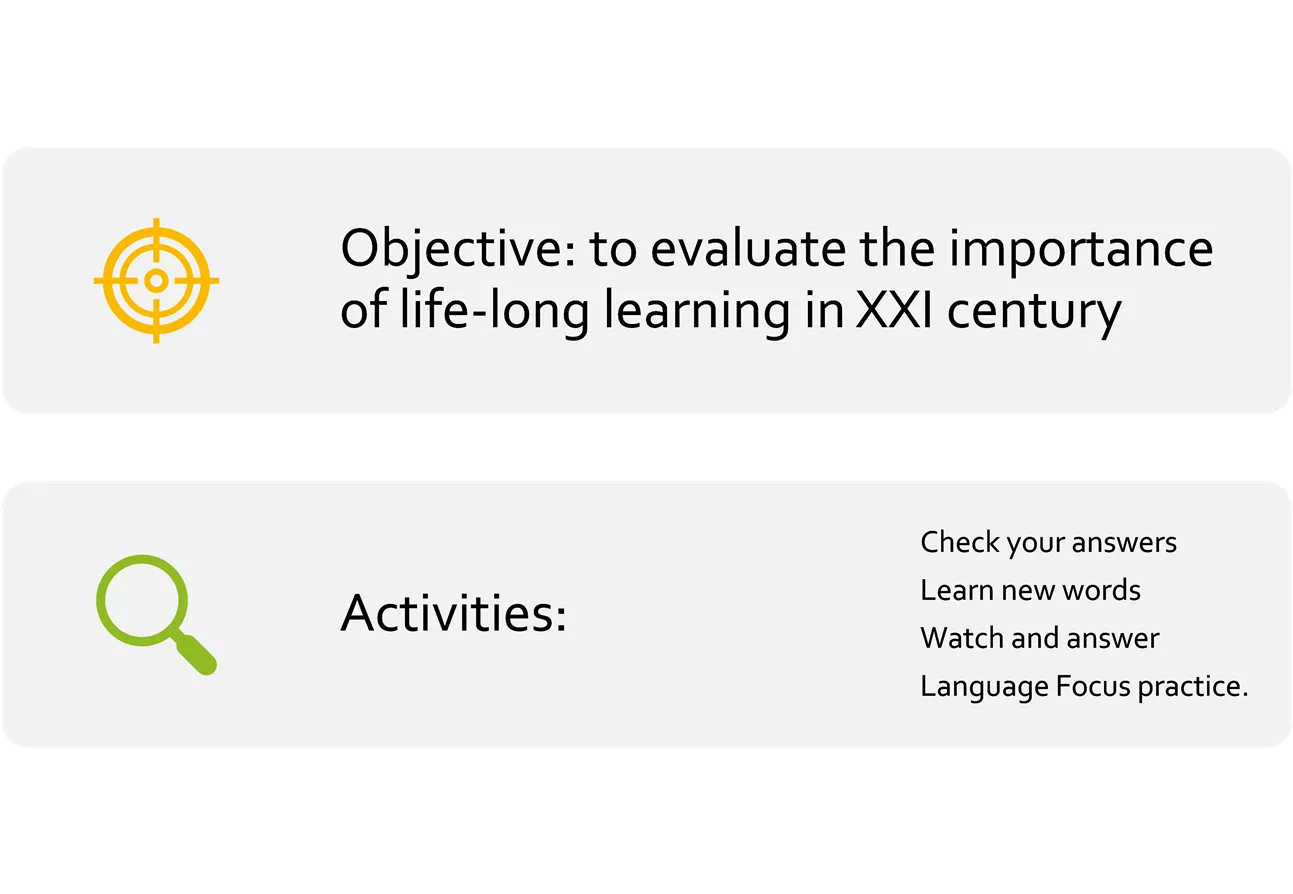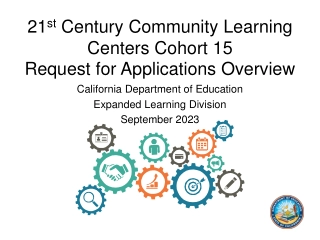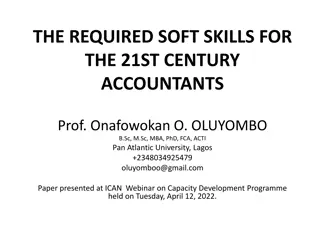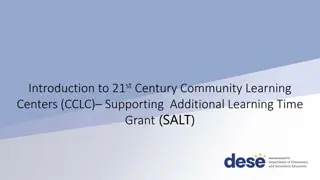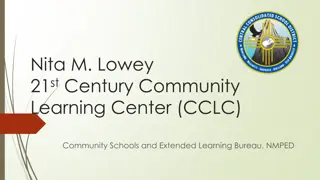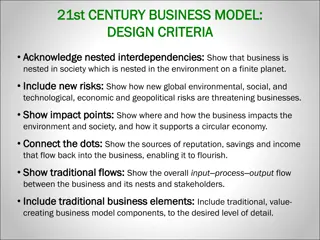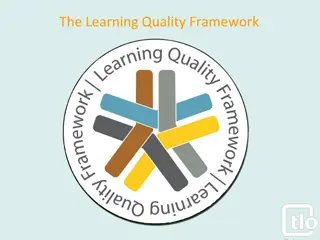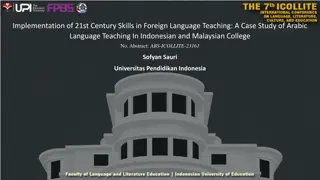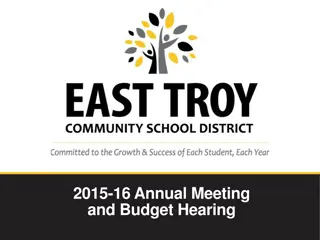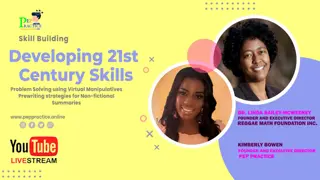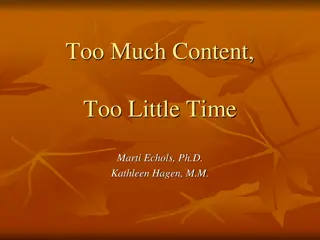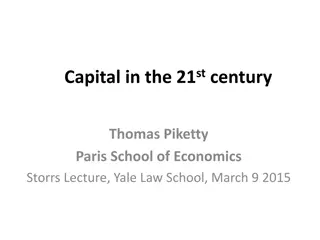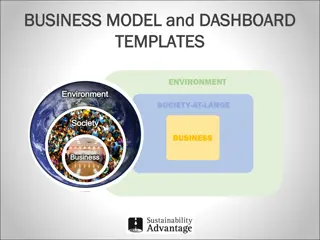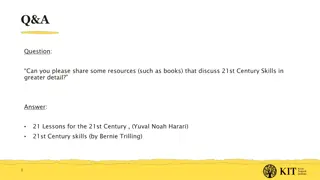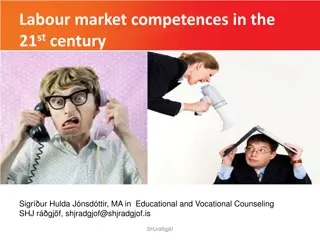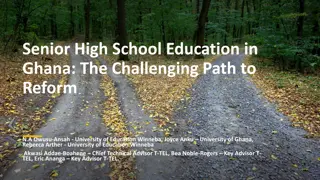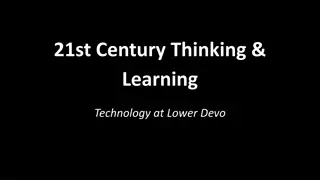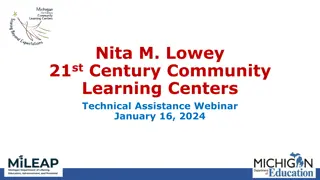Importance of Lifelong Learning in the 21st Century
Explore the significance of lifelong learning in the modern era through a lesson by teacher Nicolas Puga. Discover the differences in Asian and African schools, the role of technology in education, and the impact of lifelong learning on individual growth and societal development. Engage in activities, vocabulary learning, and reflective questions to deepen understanding.
Download Presentation

Please find below an Image/Link to download the presentation.
The content on the website is provided AS IS for your information and personal use only. It may not be sold, licensed, or shared on other websites without obtaining consent from the author.If you encounter any issues during the download, it is possible that the publisher has removed the file from their server.
You are allowed to download the files provided on this website for personal or commercial use, subject to the condition that they are used lawfully. All files are the property of their respective owners.
The content on the website is provided AS IS for your information and personal use only. It may not be sold, licensed, or shared on other websites without obtaining consent from the author.
E N D
Presentation Transcript
Unit 2: education and lifelong learning Lesson 3: How important is lifelong learning? By teacher Nicolas Puga
Objective: to evaluate the importance of life-long learning in XXI century Lesson 3: the importance of lifelong learning Check your answers Learn new words Activities: Watch and answer Language Focus practice.
Answer these questions: I. Check your answers School in Japan: https://youtu.be/jv4oNvxCY5k 1. What are the differences between Asian and African schools? 2. How similar are Chinese and Japanese education? 3. What problems are mentioned in China and DRC videos? School in China, Artificial Inteligence: 4. Which reality caught your attention, why? https://youtu.be/JMLsHI8aV0g An urban school in the Democratic Republic of Congo (DRC): https://youtu.be/SbO37i-Fu-4
Complete the story Last year I went to study abroad. When I arrived, I saw that buildings were (1) _____________ (large) than my school in Chile. The whiteboards were (2) ___________ (small) but they used smart TV s a lot. When my parents told me how much they payed, I understood the school was (3) ______________ (expensive) in the region. Luckily, we moved to a (4) ___________ (tiny) school this year, which I love! I. Check your answers
II. Learn New Words 1. Schooling: schooling is important for everyone 2. Unequal: access to educations is still unequal in many places. 3. Budget: some countries spend more of their budget in education than others.
https://youtu.be/nNk3zW7Stw0 Answer these questions 1. When do we get the more opportunities to study? During our childhood and adolescence 2. What problem is mentioned about education? Education access is unequal, not same for everyone. 3. How is lifelong learning related to technology and changes? People can adjust to changes or problems we do not know yet. 4. Why is life quality related to lifelong learning? Because it gives you the tools and skills you need to improve your life. III. Watch and answer
Complete with the correct adjective (comparative / superlative) 1. Schools in Africa are _______ (poor) than schools in Asia 2. Latin American schools are the _________ (unequal) in income access. 3. Informal Lifelong learning is ________ (cheap) than formal education 4. Schooling in developed countries is ______ (long) than undeveloped nations. IV. Language Focus Practice
Descripcin -playa se Soldad@ ca d@ pudo 1. Desarrollo de las actividades de la clase Si bien hubo dificultades, logr resolver las actividades utilizando diccionario o traductor. Logr desarrollar las actividades con ayuda de diccionario o traductor, pero igual tuve que corregir varias respuestas Intent desarrollar las actividades, pero me cost mucho incluso con la ayuda de un diccionario. Tuve muchas respuestas incorrectas. 2. Sobre el material en ingl s (videos y textos) Logr entender las partes importantes activando subtitulos o traduciendo algunas partes. No tuve que corregir muchas respuestas. Logr entender algo del video o texto, con ayuda de subtitulos o traductor. Tuve que corregir muchas respuestas de la clase. No logr entender el texto o video, a pesar de buscar traducciones o activar subt tulos. No logr responder ninguna pregunta correctamente.
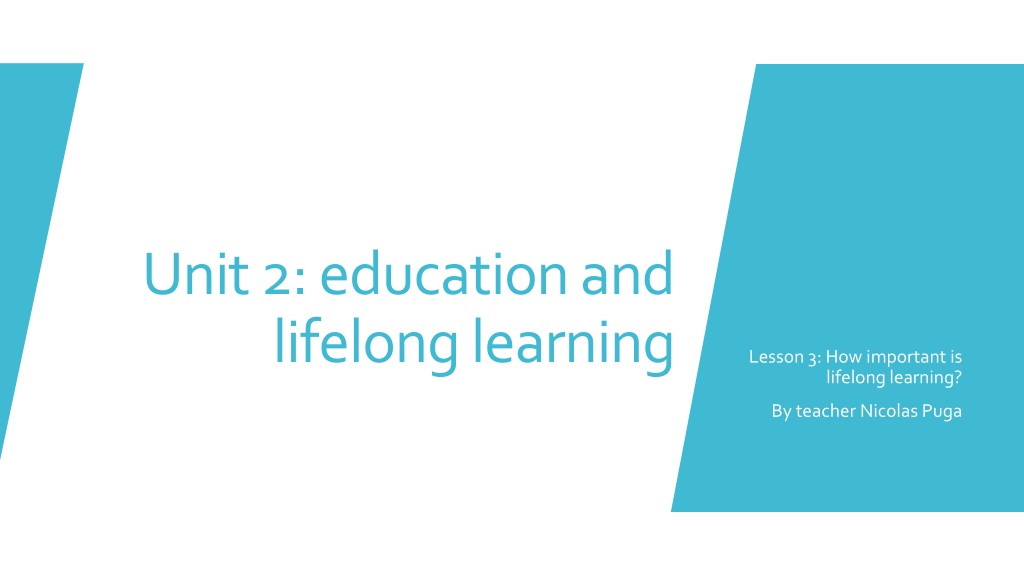
 undefined
undefined










